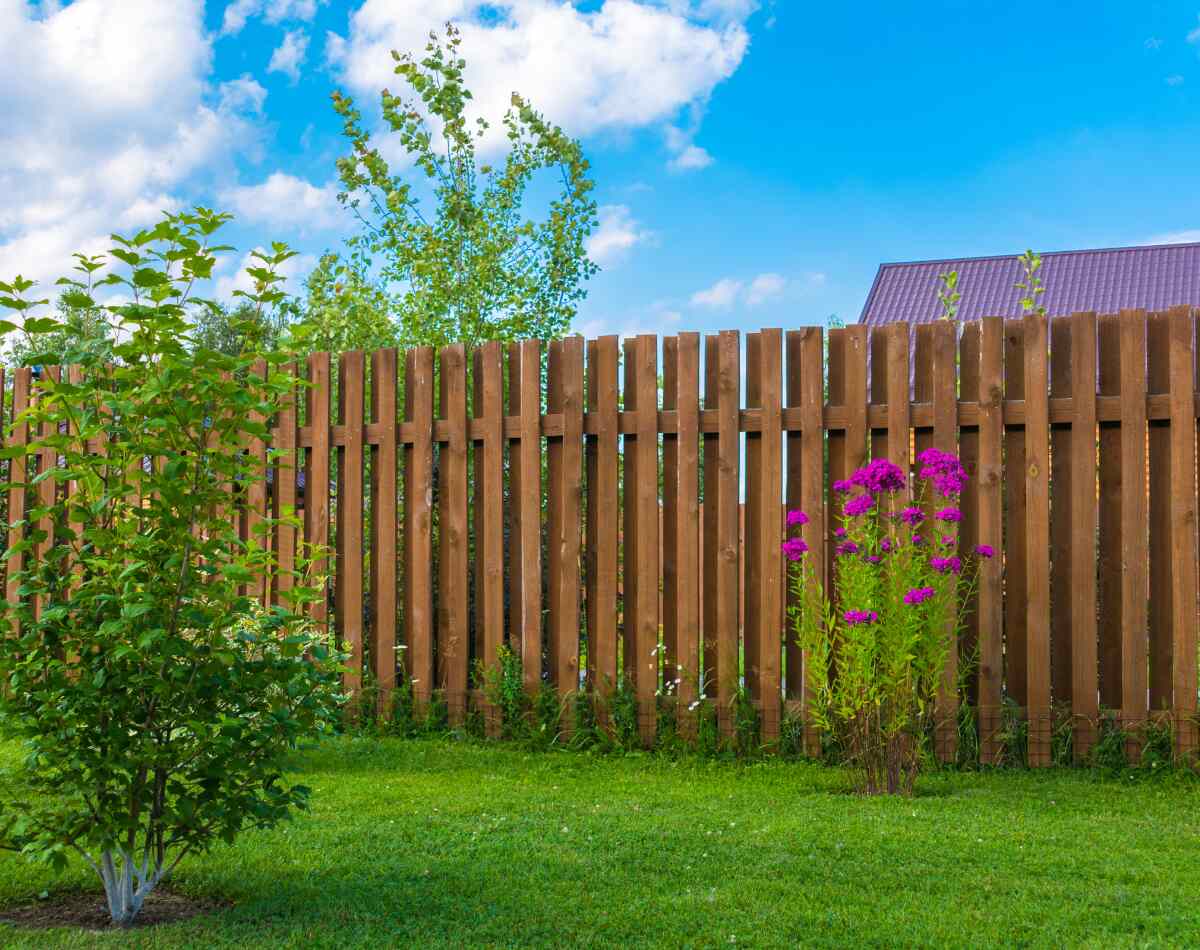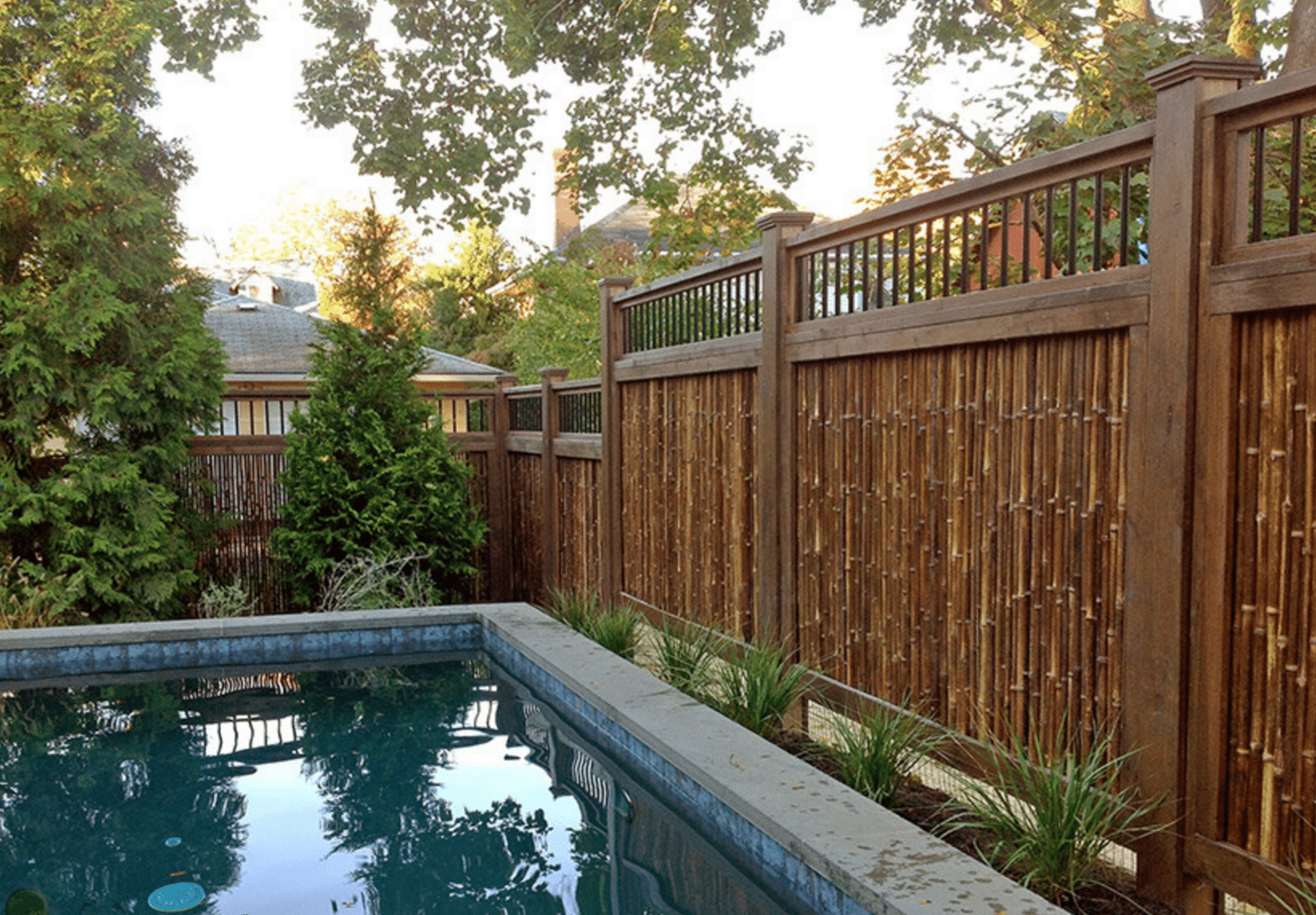All Categories
Featured

When setting up a fence, picking the best material is essential to balancing functionality, aesthetic appeals, and spending plan. Timber, vinyl, and aluminum are among the most typically chosen fencing products, each with its strengths and disadvantages. This overview checks out the benefits and drawbacks of these alternatives to aid you make a notified choice.

Timber Fencing. Pros:. All-natural Elegance: Wood's ageless beauty can enhance any type of building with its timeless and cozy look. Personalized: You can paint, discolor, or sculpt timber to fit your design preferences. Economical: Wood fence is originally a lot more affordable compared to a few other products. Ecologically Friendly: As a renewable energy, wood is naturally degradable and typically considered environmentally friendly. Disadvantages:. Maintenance-Intensive: Normal sealing, paint, or discoloration is needed to avoid damage from weather and bugs. Prone to Degeneration: Without proper care, wood can rot, warp, or fracture gradually. Much shorter Lifespan: Typically, timber fencings last 10-15 years, relying on the kind of timber and upkeep. Wood is a fantastic choice for those who value appearances and want to buy normal maintenance to protect its look and durability.
Plastic Secure Fencing. Pros:. Reduced Maintenance: Plastic requires marginal care-- simply periodic cleaning with soap and water. Weather condition Resistant: It doesn't warp, rot, or succumb to insect damages, making it very resilient in various environments. Longevity: Vinyl fencings can last 20-30 years with little to no fixings. Design Range: Available in a wide variety of shades, appearances, and styles, including wood-like appearances. Disadvantages:. Higher Initial Expense: Plastic fences are much more costly ahead of time compared to timber. Vulnerability to Cold: In very winter, vinyl can end up being fragile and prone to cracking. Restricted Repair Options: Matching substitute panels can be testing if damage takes place. Plastic fence is perfect for homeowners searching for a long-lasting, low-maintenance service that offers contemporary adaptability.

Light Weight Aluminum Fencing. Pros:. Rust-Proof: Light weight aluminum resists corrosion, making it an excellent choice for wet or humid environments. Long lasting: Despite being light-weight, light weight aluminum is strong and can withstand severe weather. Reduced Upkeep: It requires minimal upkeep, generally only occasional cleansing. Long Life-span: Aluminum fences can last years without substantial wear and tear. Elegant Design: Typically utilized for decorative functions, light weight aluminum fencing includes a sleek, sophisticated appearance to residential or commercial properties. Disadvantages:. High Initial Investment: Light weight aluminum fences are amongst the pricier options on the market. Less Privacy: The open designs common with light weight aluminum fence don't offer much privacy. At risk to Damages: While sturdy, light weight aluminum can damage if hit with enough pressure. Aluminum is an outstanding selection for home owners prioritizing looks and toughness without calling for much upkeep.
Making Your Choice. When determining in between light weight aluminum, timber, or plastic secure fencing, consider your top priorities:
Wood matches those that value an all-natural look and do not mind placing in maintenance effort. Plastic is the best alternative for those seeking a low-maintenance, weather-resistant solution. Light weight aluminum uses smooth style and lasting resilience yet might do not have privacy. By carefully assessing these products' attributes, you can choose a fencing that matches your residential property while meeting your functional and visual requirements.
Latest Posts
Find Out Why Chicago Drivers Select Montclare Auto Repair for Reliable Service and Significant Savings
Published May 26, 25
1 min read
Uncover Premier Auto Repair Care offered by Montclare Auto Repair – Keep Your Car Running Smoothly
Published May 24, 25
1 min read
Discover Reduce Expenses on Car Maintenance with Montclare Auto Repair’s Limited-Time Deals
Published May 23, 25
1 min read
More
Latest Posts
Find Out Why Chicago Drivers Select Montclare Auto Repair for Reliable Service and Significant Savings
Published May 26, 25
1 min read
Uncover Premier Auto Repair Care offered by Montclare Auto Repair – Keep Your Car Running Smoothly
Published May 24, 25
1 min read
Discover Reduce Expenses on Car Maintenance with Montclare Auto Repair’s Limited-Time Deals
Published May 23, 25
1 min read